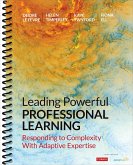
Broschiertes Buch
Responding to Complexity With Adaptive Expertise
9. Dezember 2019
SAGE Publications Inc
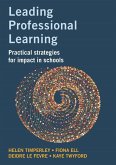
29,95 €
Sofort per Download lieferbar
Ähnliche Artikel
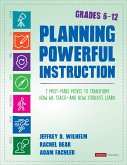
Broschiertes Buch
7 Must-Make Moves to Transform How We Teach--and How Students Learn
1. Januar 2020
SAGE Publications Inc
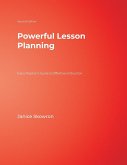
Broschiertes Buch
Every Teacher's Guide to Effective Instruction
2 Revised edition
28. April 2006
SAGE Publications Inc

Broschiertes Buch
2 Revised edition
25. September 2007
SAGE Publications Inc
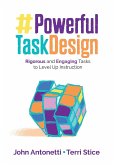
Broschiertes Buch
Rigorous and Engaging Tasks to Level Up Instruction
21. März 2018
SAGE Publications Inc
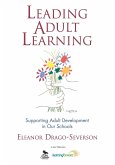
Broschiertes Buch
Supporting Adult Development in Our Schools
23. September 2009
SAGE Publications Inc
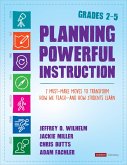
Broschiertes Buch
7 Must-Make Moves to Transform How We Teach--and How Students Learn
17. August 2020
SAGE Publications Inc
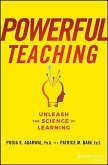
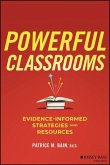
23,99 €
Versandfertig in über 4 Wochen
Broschiertes Buch
Evidence-Informed Strategies and Resources
24. September 2024
John Wiley & Sons Inc

22,99 €
Versandfertig in 2-4 Wochen
Broschiertes Buch
Strategies for Improving Learning and Retention in the Classroom
30. Juli 2023
Crown House Publishing

26,99 €
Versandfertig in 2-4 Wochen
Broschiertes Buch
A Curriculum with Purpose in Practice
25. April 2021
Crown House Publishing
Ähnlichkeitssuche: Fact®Finder von OMIKRON
